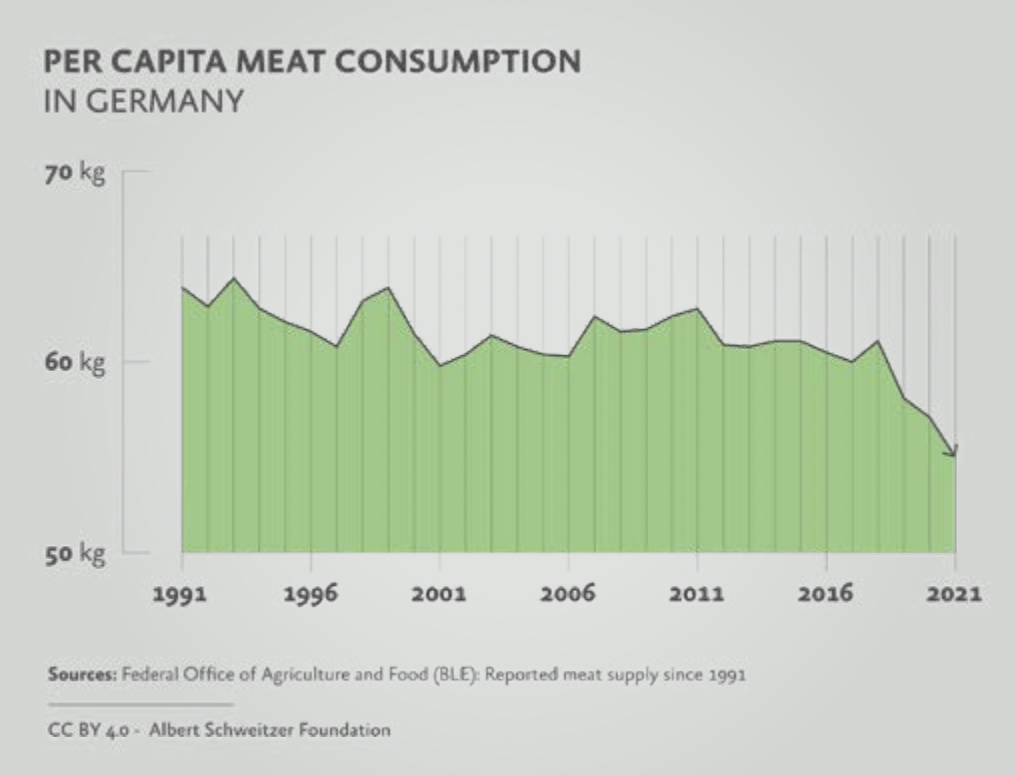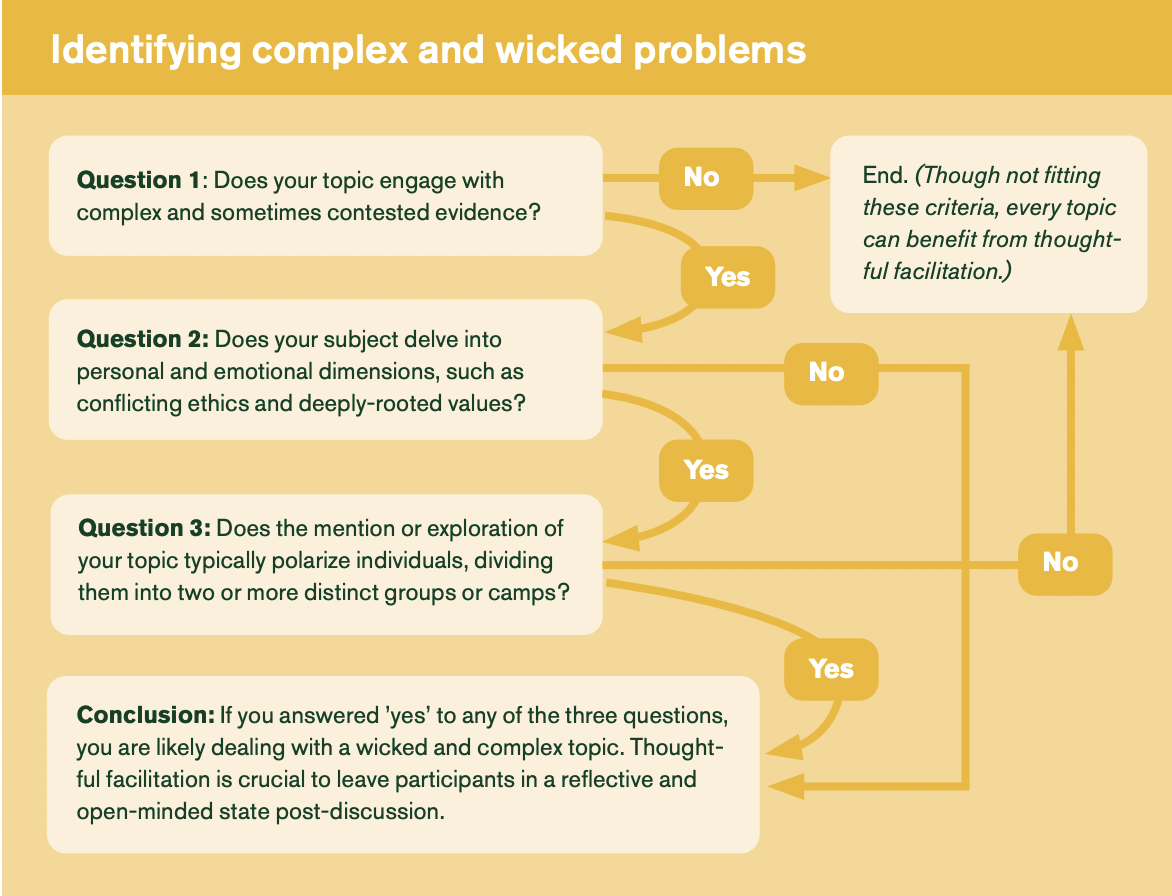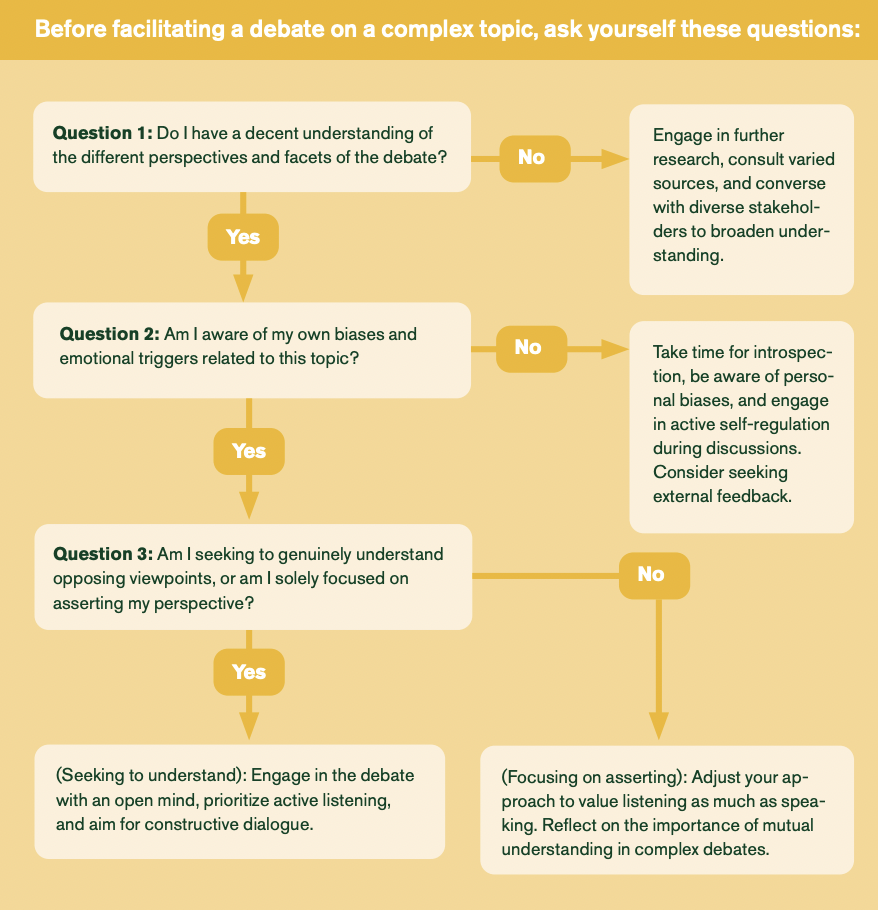Foreword
This report draws on insights gleaned from putting together the project The future of meat – storytelling and dialogues for improved decision making from 2021-2023, integrating lessons from expert interviews, podcast production, and facilitated workshops. The project was initiated by the SLU Future Food platform at the Swedish University of Agricultural Sciences (SLU), and developed and produced by TABLE, which is a food systems collaboration between the University of Oxford, SLU, and Wageningen University and Research.
The aim of the project was to reflect on our own viewpoints and to foster mutual understanding and enhance the clarity of conversations around the role of meat and livestock in our societies and for our planet, rather than to intensify differences or argue over right and wrong. We also wanted to explore how stakeholders reach different conclusions and the implications of inaction.
The diverse experts we engaged in the project (see Appendix) each aimed to contribute to a ‘good’, sustainable, and equitable future for food. However, due to differing values, professional and academic trainings, and geographic contexts, visions for the future of meat and livestock vary, and this variation is often intensified by the way information circulates in “echo chambers” across media ecosystems.
As these experts articulated their visions, motivations, and pathways toward a sustainable food future, we learned that these varied viewpoints often complement rather than conflict with each other. Addressing multifaceted challenges like nutrition, biodiversity conservation, climate mitigation, animal ethics, and social justice indeed requires a spectrum of solutions. For example, rebalancing animal-sourced foods consumptions – increasing it in low- and middle-income countries and decreasing it in high-income countries – could improve health and environmental outcomes.
Thus, the project underscores the necessity of embracing diverse perspectives and engaging in meaningful dialogues, forming the basis of a well-rounded strategy for the future of meat and livestock. Recognizing that meat holds different meanings for different people is crucial in moving towards a more sustainable and healthy food system. Adopting an inclusive approach is key to reducing polarization and enhancing the quality of decision-making in this sector.
This report is thus divided into two main sections, each directed towards different target groups who contribute to a sustainable food future in different ways. The first section is intended for those with direct power to influence our food systems, including retailers, policymakers and food and agribusiness leaders. In that section, we offer key takeaways and highlight shared understandings and desires to inform decisions towards a more sustainable food future. The second section caters to educators and facilitators striving to improve the quality of dialogues on complex topics. Facilitating dialogues on complex topics is time and resource-intensive but pivotal for steering society toward a more sustainable, resilient, and just future.
As mentioned above, the key findings of the project stem from the contributions of a diverse array of experts including scientists, food producers, CEOs, policymakers, and civil society representatives from across the globe, ensuring that the evidence collected in the project is comprehensive and not restricted to perspectives from any single, like-minded group. However, some large-scale, efficient meat producers, whose insights we sought, opted not to participate. This report does not rely on a systematic or comprehensive review of the existing scientific literature on the topics covered. Instead, it synthesizes contributions from the wide range of thoughtful experts, each known for their long-standing experience in this field, who generously shared their knowledge for this project.
Finally, if you choose to apply learnings from our project in your work, we are eager to continue the conversation with you.
Annsofie Wahlström Program Manager at SLU Future Food SLU, November 2023







